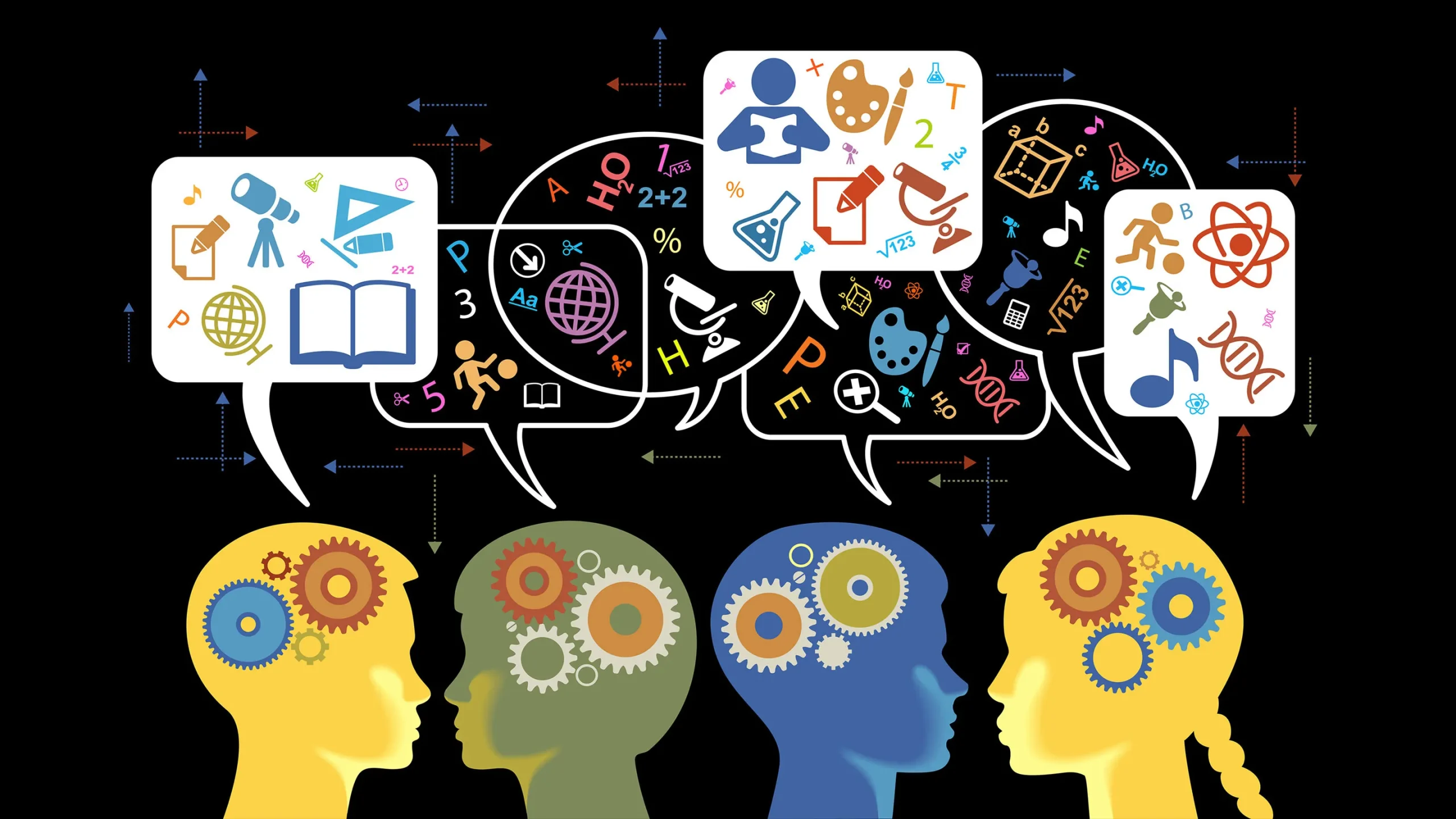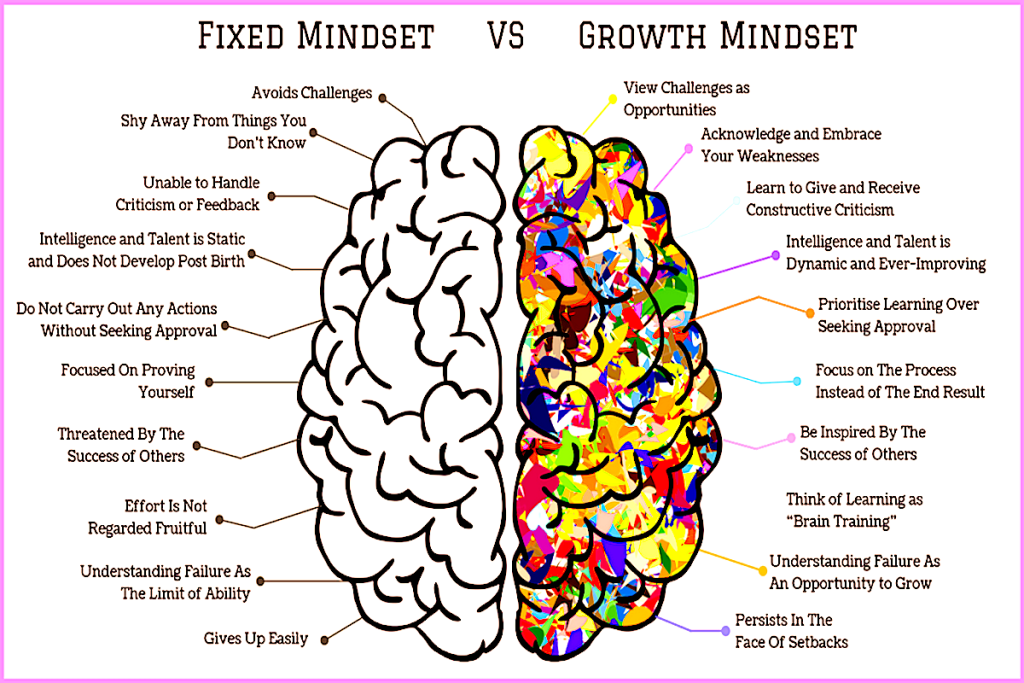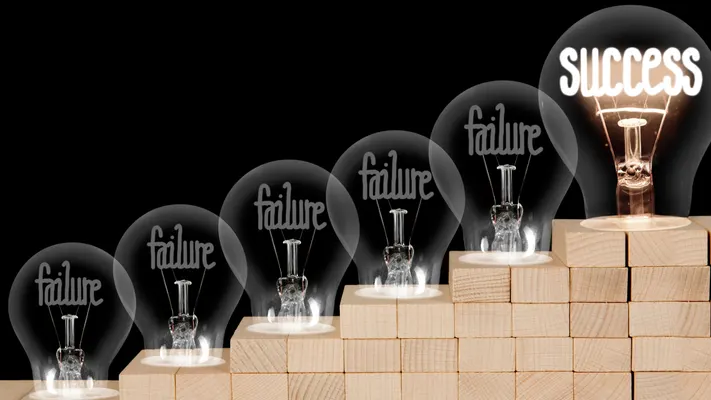
Success and personal development often hinge not just on talent, but on how we approach challenges and setbacks. One of the most powerful tools for unlocking potential is cultivating a growth mindset—a concept popularized by psychologist Carol Dweck. A growth mindset is the belief that abilities, intelligence, and skills can be developed through effort, learning, and persistence. Unlike a fixed mindset, which assumes that traits are innate and unchangeable, a growth mindset encourages resilience, curiosity, and a love for learning. The good news is that anyone can develop a growth mindset with intentional practice. Here’s how.
1. Recognize and Challenge Fixed Mindset Beliefs

The first step in developing a growth mindset is to become aware of your current beliefs. Do you often think, “I’m just not good at this” or “I’ll never understand it”? These are classic fixed mindset thoughts. Start by noticing when you’re avoiding challenges or giving up too soon. Then, consciously reframe these thoughts. Instead of saying, “I can’t do this,” try, “I can improve with practice” or “I’ll learn something valuable even if I fail.” Awareness is the foundation of change.
2. Embrace Challenges
People with a fixed mindset often avoid challenges to protect themselves from failure. In contrast, a growth mindset sees challenges as opportunities to grow. Whether it’s learning a new skill, taking on a demanding project at work, or tackling a personal goal, challenges are essential for growth. By stepping outside your comfort zone, you expand your abilities and increase your confidence. Start small, but consistently push yourself to try things that stretch your skills.
3. Focus on Effort, Not Just Results

A key aspect of a growth mindset is valuing effort over innate talent. While natural ability can give a head start, sustained effort is what drives long-term success. Celebrate hard work, persistence, and learning from mistakes rather than only the end results. For example, if you are learning to play an instrument, praise yourself for practicing consistently rather than only for performing flawlessly. Over time, this focus on effort reinforces the belief that progress is achievable through dedication.
4. Learn from Criticism and Feedback
Criticism can be uncomfortable, but it’s one of the fastest ways to grow. People with a growth mindset welcome constructive feedback as a tool for improvement. Instead of taking criticism personally, view it as valuable information that can guide your development. Ask clarifying questions and seek suggestions for how to improve. Even negative feedback can be reframed as a roadmap for growth rather than a judgment of your abilities.
5. Cultivate a Love for Learning
A growth mindset thrives on curiosity and continuous learning. Commit to learning something new regularly, whether it’s reading a book, taking a course, or practicing a new hobby. Approach learning with enthusiasm, focusing on the process rather than the outcome. By nurturing a genuine love for learning, you naturally become more adaptable and open to growth opportunities throughout your life.
6. Reframe Failure as a Learning Opportunity

Failure is often feared and avoided by those with a fixed mindset. In contrast, a growth mindset sees failure as a natural part of the learning process. Every mistake is a chance to gain insight and improve. When you encounter setbacks, ask yourself what lessons can be drawn and how you can approach the situation differently next time. Over time, this shift in perspective reduces fear, builds resilience, and increases your ability to take risks.
7. Surround Yourself with Growth-Minded People
Your environment significantly influences your mindset. Spend time with people who encourage growth, challenge you, and model resilience. Positive influences can inspire you to persist through challenges and adopt similar beliefs about your own potential. Conversely, constant exposure to negativity or fixed mindset attitudes can undermine your progress.
8. Practice Self-Reflection
Regular reflection helps reinforce a growth mindset. Take time to review your experiences, celebrate progress, and identify areas for improvement. Journaling, meditating, or discussing your growth journey with a mentor or friend can strengthen your self-awareness and commitment to personal development. Reflection turns experience into actionable insight, fueling continued growth.
Developing a growth mindset is not an overnight transformation—it is a journey of consistent practice, self-awareness, and intentional effort. By recognizing fixed mindset patterns, embracing challenges, valuing effort, learning from criticism, cultivating curiosity, reframing failure, surrounding yourself with growth-minded individuals, and practicing reflection, you can unlock your potential and achieve goals that may have once seemed out of reach. In essence, adopting a growth mindset transforms the way you approach life: setbacks become opportunities, effort becomes rewarding, and personal growth becomes limitless.
